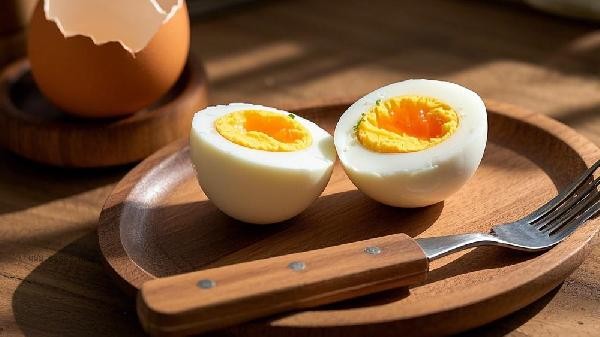The key to cooking eggs that are not rotten and delicious is to control the heat and time. Using cold water and low heat to cook slowly can keep the eggshells intact and the yolk tender and smooth.

When boiling eggs, first put the eggs in cold water, and the amount of water should completely cover the eggs. Heat slowly on low heat until the water boils. Once the water boils, immediately turn to low heat and continue boiling for 6-7 minutes to prevent the eggshell from cracking due to intense boiling. During the cooking process, a small amount of salt or white vinegar can be added to help the protein solidify quickly and reduce egg white leakage. After turning off the heat, quickly soak the egg in cold water for 2 minutes, using the principle of thermal expansion and contraction to make the eggshell easier to peel off. If you like soft boiled eggs, you can shorten the boiling time to 4-5 minutes, and for fully cooked eggs, it can be extended to 8-9 minutes. Using a steamer to separate water for steaming is also an ideal choice. Steam for 10 minutes after steaming, and the steam heating is more uniform and less likely to break the shell. Note that refrigerated eggs need to be warmed up in advance, as boiling them directly can easily cause cracking due to temperature differences. When selecting fresh eggs, you can immerse them in water. The ones that sink to the bottom are fresher and more suitable for boiling.

It is recommended to choose medium-sized eggs for daily egg cooking, and excessively large eggs require extended cooking time. Seasoning with black pepper or soy sauce can enhance the flavor, but hypertensive patients need to control their sodium intake. Eggs are rich in high-quality protein and lecithin. Consuming 3-5 whole eggs per week can help supplement nutrition. For those with weaker gastrointestinal function, they can prioritize choosing soft boiled eggs with easier to digest yolk. Eggs stored for more than a week are more suitable for frying, as a decrease in freshness can affect the taste and shaping effect of boiled eggs.










Comments (0)
Leave a Comment
No comments yet
Be the first to share your thoughts!